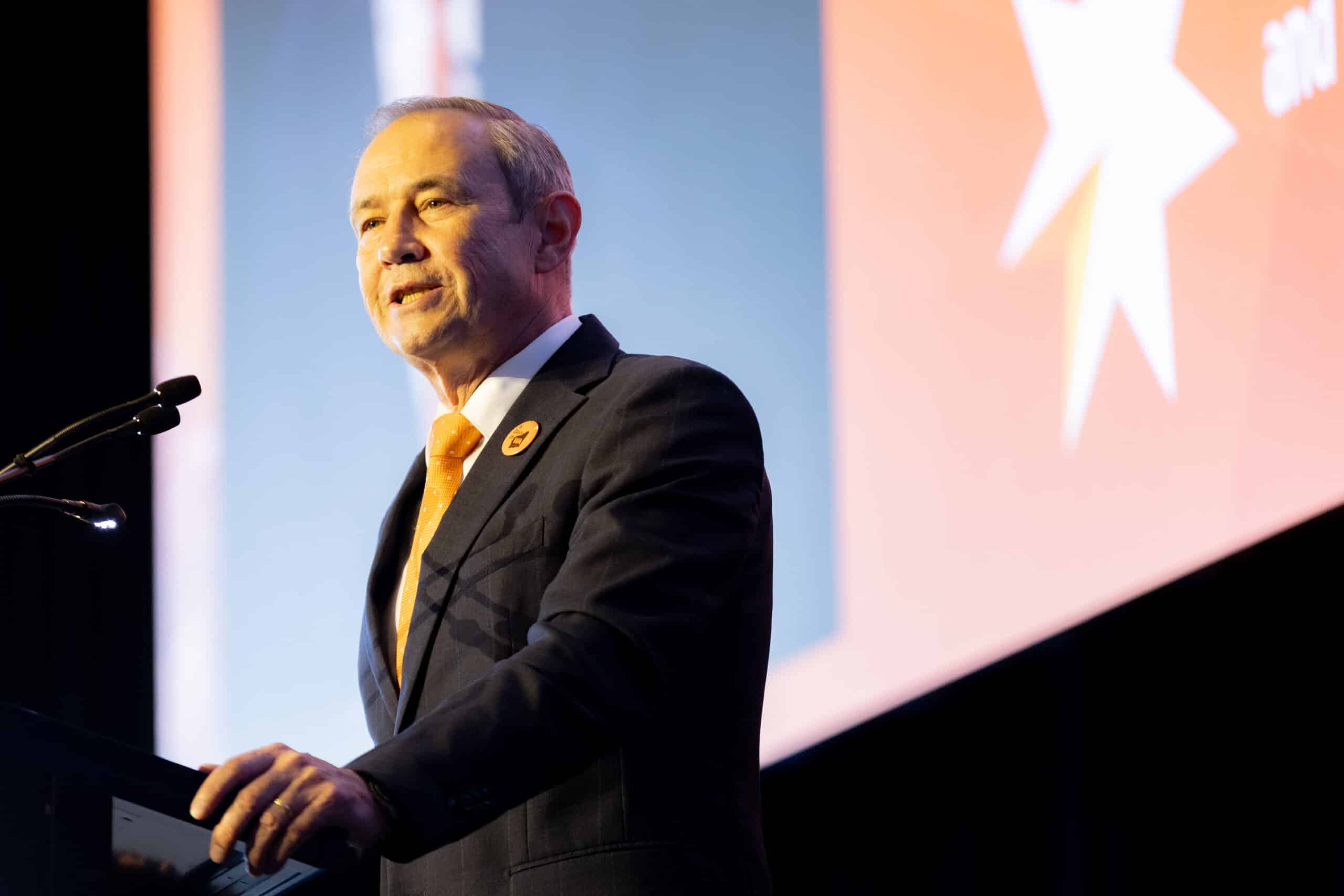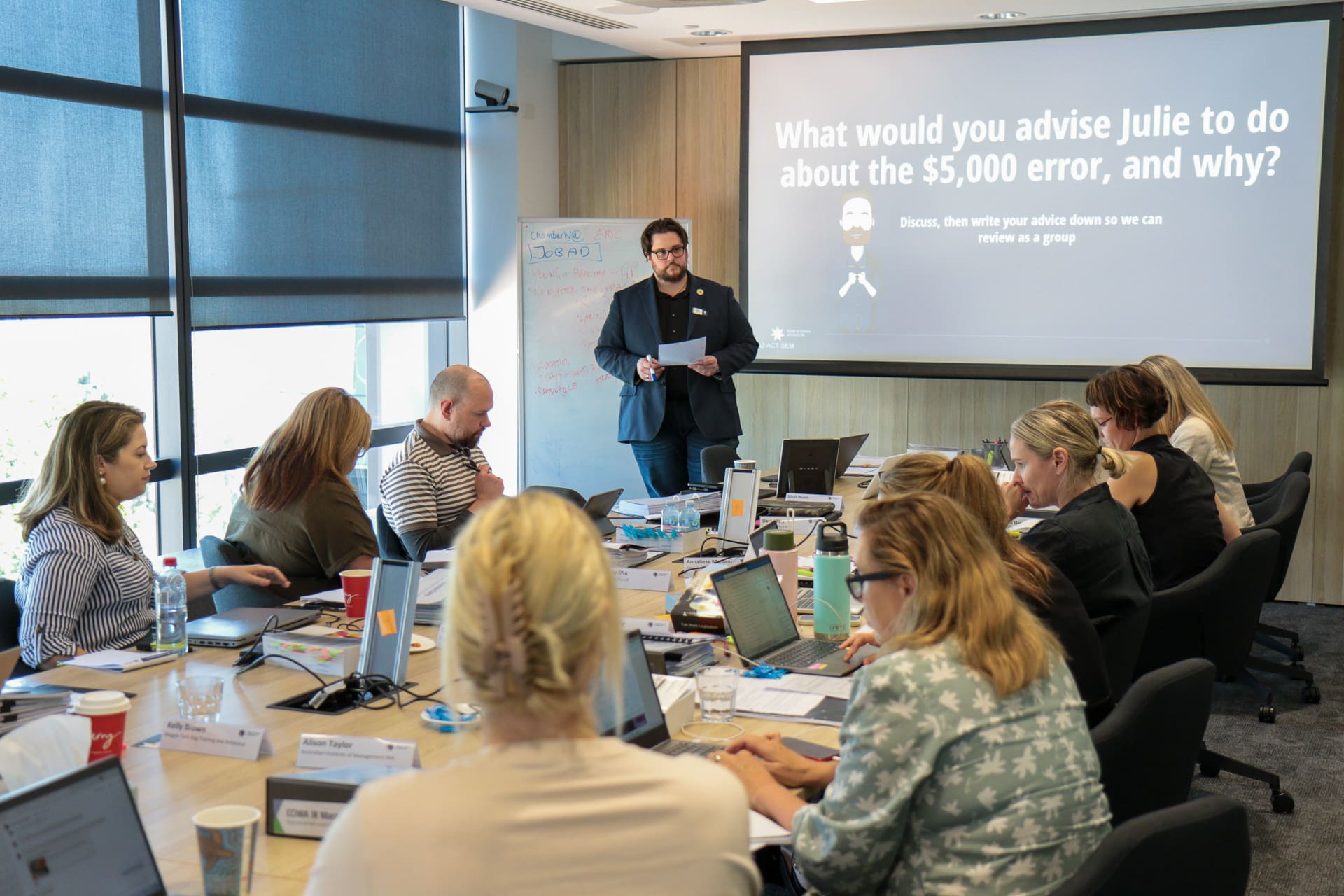WA Premier Roger Cook has said the Federal Government’s reworked environmental laws – which passed Parliament on November 28 after Labor secured a deal with the Greens – “could have been a lot worse”.

WA Premier Roger Cook at CCIWA’s Business Breakfast on November 27
Editor’s note: This article was updated on December 1, 2025.
Speaking at CCIWA’s Business Breakfast this morning, the Premier said the Federal Government “missed an opportunity to do a deal with the Liberal Party to make sure this legislation perhaps could have further reflected the concerns of industry”.
The Bill will amend the Environmental Protection and Biodiversity Conservation (EPBC) Act 1999, with the view of providing a “balanced set of reforms” to protect the environment and “deliver for the business community”.
“Getting these laws passed is vital to protect our environment and to boost productivity in our economy,” said Prime Minister Anthony Albanese.
“These reforms will help us meet our national priorities of building more homes, rolling out more renewables and accessing more critical minerals. They are also crucial to our Future Made in Australia agenda.”
The deal with the Greens excludes gas and coal projects from fast-tracked approvals and establishes a $300 million forestry fund.
The new legislation also provides a 14-day initial limit on environmental protection orders (EPOs) and thresholds for “unacceptable impacts” and net gains – however, these have not been confirmed and will likely be in the regulation, which is yet to be drafted.
Now focus turns to bilateral agreement
CCIWA Chief Economist Aaron Morey said the outcome was not ideal, but now both the Federal and State Governments needed to negotiate on a bilateral agreement.
“There are some areas where we are disappointed, but we now have a deal on the table and the focus for industry – as it should be for both levels for government – is to ensure that the ‘better for business’ commitment is reached and the way to do that is to move quickly on a bilateral agreement,” he said.
“There are some concessions that were provided to the business community but there are some areas where the legislation did not provide certainty or clarity that the business community required.”
Morey said a bilateral agreement was the “only viable path” to ensure these reforms work for industry. With negotiations already underway, an agreement is expected in a few months.
“We’re not starting from scratch and there is absolutely no excuse for not getting a bilateral agreement signed in the coming months,” he said.
To find out more about what we stand for, visit our Policy and Advocacy page.









